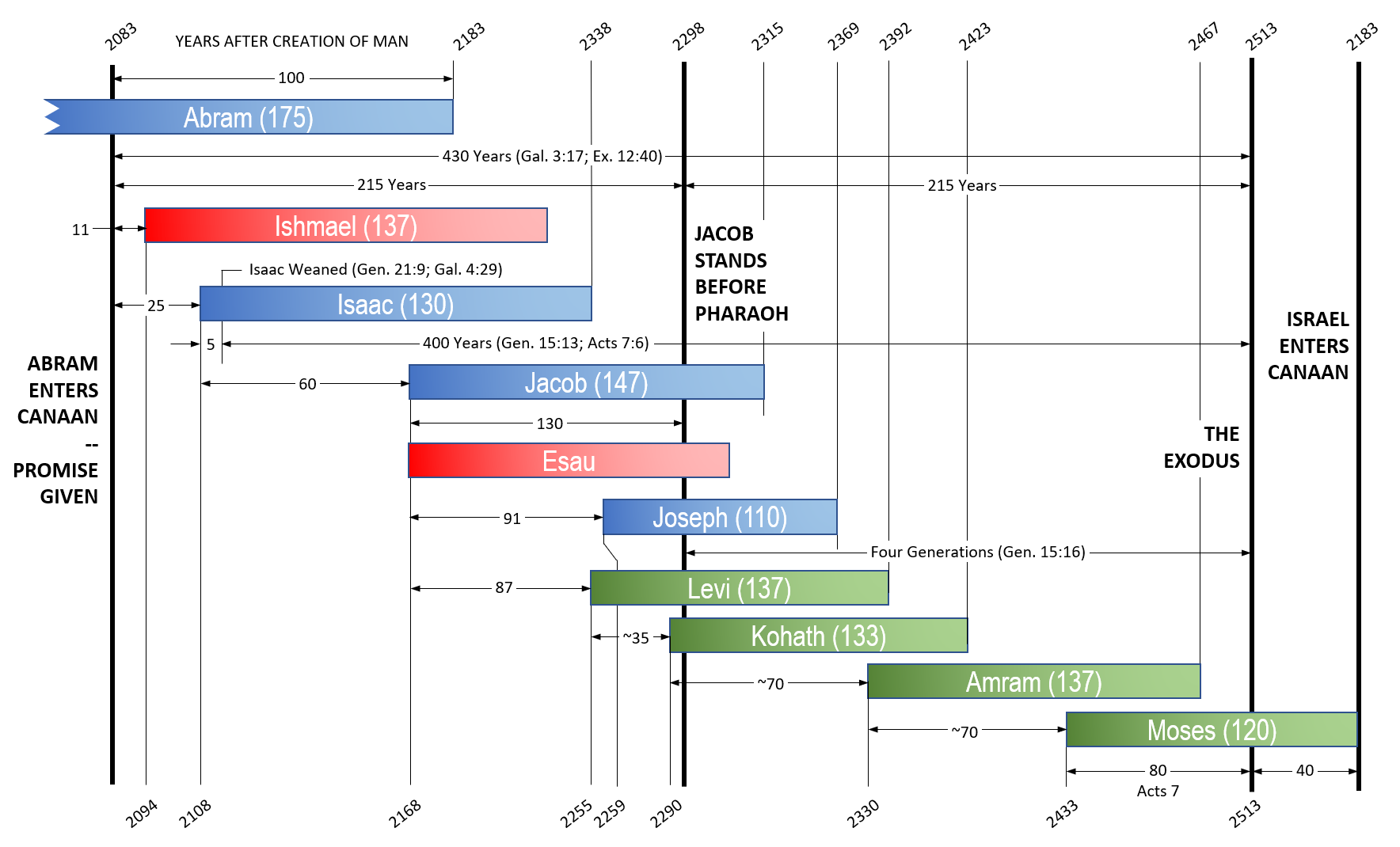Exodus 12
The Passover (12:1-28)
Instructions for the Passover (vv.1-13)
- The head: Christ’s thoughts
- The legs: Christ’s walk (read the four Gospels)
- The inwards: Christ’s affections and motives (read the Poetic books)
The Feast of Unleavened Bread (vv.14-20)
A Memorial Forever (vv.21-28)
The Exodus From Egypt (12:29-51)
The Last Night in Egypt (vv.29-36)
Departure from Egypt (vv.37-42)
The Ordinance of the Passover (vv.43-50)
Not a bone of the Passover lamb was to be broken, and so with the Messiah when He died. This scripture is quoted in John 19:33-36 in connection with the Lord being dead before the soldiers reached Him with their clubs. This shows the Passover was completely filled by Christ. Scripture doesn't say exactly why it was important that a bone of the Messiah would not be broken. God willed it that the legs of His Son would not be broken; His body was precious. Here are several possible reasons. (1) To break a bone of the Lamb would introduce the thought of “crushing” or forcibly ending life. It was imperative that Christ lay down His own life in obedience to His Father’s will (John 10:18). No man took it from Him. And yet, while no man took His life from Him, God holds man responsible for their intentions... murder. Accordingly, in the book of Revelation, Jesus appears as "a lamb as it had been slain" (Rev. 5:6). The symbol of a "slain lamb" has the idea of an innocent victim subjected to a violent death. It says in Zech. 12:10 that Israel "shall look upon me whom they have pierced". God holds them responsible. (2) Bones are the frame of a person, and the Person of our Lord was not broken by the sufferings of the cross. His sufferings did not make Him less than He was. (3) We are not saved by his walk (leg bones) by by his blood (pierced side).
Conclusion (v.51)
- It is interesting that the Septuagint and the Samaritan Pentateuch read that they were in “Egypt and Canaan” for 430 years. It could be that the words “and Canaan” were omitted from the Masoretic text on accident. However, the same words could have been added in the other documents to try to account for an “apparent discrepancy”. We cannot know for sure.
